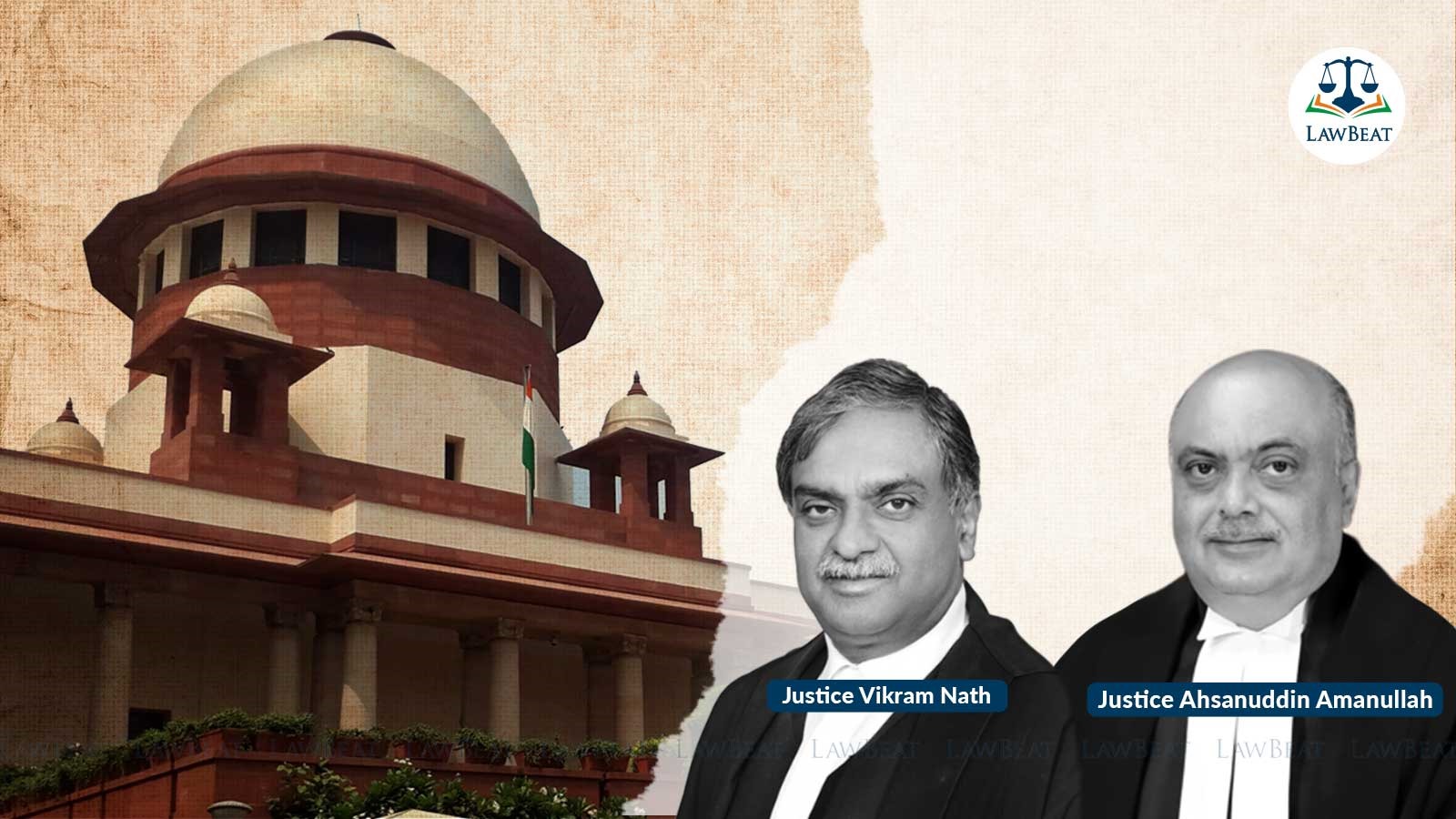Right to defend oneself a fundamental right: SC

Petitioner claimed denying her right to her case through a proper qualified legal person will render her quest to justice meaningless and will amount to equal treatment
The Supreme Court has said that the right to defend oneself is a fundamental right under Part III of the Constitution. Court has pointed out that the right to appear for a client is also a fundamental right being a part of carrying on one’s profession as a lawyer.
A bench of Justices Vikram Nath and Satish Chandra Sharma allowed a writ petition filed by Rupashree H R challenging under Article 32 of the Constitution a resolution passed by the Mysore Bar Association on March 16, 2019 that no member of the Association would file a vakalatnama on behalf of the petitioner.
The Court, while entertaining the petition, by the order of October 6, 2021 stayed the resolution of the Mysore Bar Association.
On November 14, 2022, notices to respondent no 3, Association were to be served through the Commissioner of Police, Mysore but despite the same, respondent no. 3 has not put in appearance.
The court thus proceeded ex parte in the matter.
"Having perused the impugned resolution, we are of the definite view that such a resolution could not have been passed. Right to defend oneself is a Fundamental Right under Part III of the Constitution of India and further right to appear for a client is also a Fundamental Right being a part of carrying on one’s profession as a lawyer. As such, the said Resolution is hereby quashed," the bench said.
The petitioner claimed she filed a police complaint on March 14, 2016 against the lawyers representing her husband and in laws in matrimonial disputes after they abused her in court premises and intimidated her to settle her cases.
However, no action has been taken by the police in the FIR lodged by her for assault, insult, humiliation and outraging the modesty.
Subsequently, a resolution was passed by the Association stating no advocate would represent her in the present and future cases.
In her petition, she contended the Association has failed to see the harassment and physical injury caused to her by the two lawyers.
She also claimed the resolution is in direct violation of Article 21 of the Constitution as it not only infringes upon the right of an advocate to practice law without restriction but also infringes the right of the petitioner to life and liberty and her inherent right to constitutional remedies as the acts of the Association deny her access to justice.
The resolution also denies her right to speedy and fair justice.
Denying her right to her case through a proper qualified legal person will render her quest to justice meaningless and will amount to equal treatment, her plea stated.
